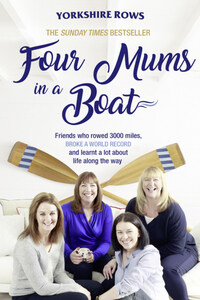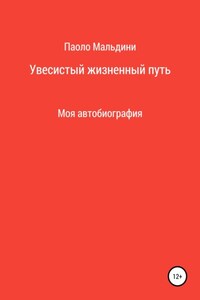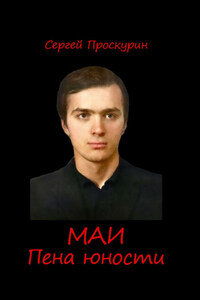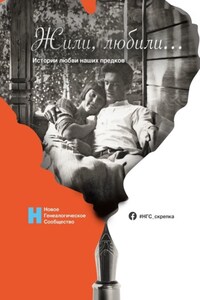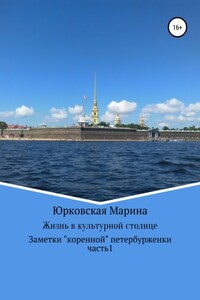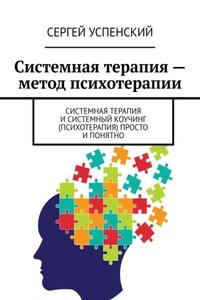JANETTE BENADDI is a 52-year-old businesswoman from Leeds. She is married with two children.
HELEN BUTTERS is an NHS communications expert from North Yorkshire. She is 46 years old, married and has two children.
FRANCES DAVIES is a solicitor running her own law firm in Leeds. She is 48 years old, married with two sons and lives in York.
NIKI DOEG runs her own business and is a qualified rugby coach. She is 46 years old and lives in York with her husband and their two sons.
Copyright
An imprint of HarperCollins Publishers Ltd.
1 London Bridge Street
London SE1 9GF
First published in Great Britain by HQ in 2017
Copyright © Janette Benaddi, Helen Butters, Niki Doeg and Frances Davies 2017
Janette Benaddi, Helen Butters, Niki Doeg and Frances Davies asserts the moral right to be identified as the author of this work.
A catalogue record for this book is available from the British Library.
This novel is entirely a work of fiction. The names, characters and incidents portrayed in it are the work of the author’s imagination. Any resemblance to actual persons, living or dead, events or localities is entirely coincidental.
All rights reserved under International and Pan-American Copyright Conventions. By payment of the required fees, you have been granted the non-exclusive, non-transferable right to access and read the text of this e-book on-screen. No part of this text may be reproduced, transmitted, downloaded, decompiled, reverse engineered, or stored in or introduced into any information storage and retrieval system, in any form or by any means, whether electronic or mechanical, now known or hereinafter invented, without the express written permission of HarperCollins.
Ebook Edition © January 2018 ISBN: 9780008214821
CHAPTER 1
La Gomera
‘To be is to do.’
SOCRATES
30 November 2015, San Sebastián Marina, La Gomera
‘This’, said Frances, shaking her head slowly as she stared at the waves smashing into the harbour wall below us, ‘is not an entry-level ocean.’
Standing next to her, looking at the violent swell just outside San Sebastián Marina in La Gomera, the rest of us – Janette, Helen and Niki – were inclined to agree. The waves were enormous and the distance we were about to row was substantial. Who on earth could have possibly thought this was a good idea? Collectively, we were about to leave four husbands, eight children, five dogs, two cats, two snakes and a gerbil and row 3,000 miles across one of the most dangerous oceans in the world. It is said that more people have travelled into space or climbed Mount Everest than have crossed the Atlantic in a rowing boat.
And not one of them, to be frank, was a middle-aged working mother from Yorkshire, firmly the wrong side of 40 (or 50), with little or (more accurately) no sporting prowess.
In fact, there was not a single Olympic athlete, extreme sportsman or endurance nut among the four of us. None of us had marched to a Pole or bivouacked on the side of a mountain or lived in a cave drinking nothing but rainwater with only a small rodent for company. That said, we weren’t totally unfit, sofa-bound sloths; Frances had done the Coast to Coast race from Nairn to Glen Coe, and Janette once did a 5-kilometre ‘fun run’ where she got covered in pink paint as she jogged around the grounds of Castle Howard. But essentially we were four mums who had met on the school run and decided to row an ocean.
And now, standing here, that decision to enter the Talisker Whisky Atlantic Challenge – one of the toughest races on earth – made after a few too many glasses of Pinot on a cold winter’s night in York back in January 2013, looked like a moment of total madness. It had taken us nearly three long, hard years to get to this day. We had always said to each other that the hardest part of the race, the toughest challenge, would be getting to the start line in the Canary Islands in the first place. And we’d managed that. We’d done the difficult bit. We’d raised the money, won over enough sponsors and managed to convince enough people that we were serious and worth backing. But now, here we were, staring into a cauldron of currents and tides, with hurricane-force winds and waves up to 60 feet high, not to mention the giant shipping tankers who could take out our little rowing boat at a moment’s notice. We were also trying hard not to think of the sharks, the whales and the marlins, which had been known to skewer through the hulls of boats in the middle of the night, plus the scorching hot sun, the driving rain, the injuries, the sores, the exhaustion and the endless, endless rowing. It would be two hours on, two hours off – eat, sleep, row, repeat – which we estimated we would need to keep doing for at least 50 days, or possibly a touch longer. We’d certainly need the emergency bottle of mango gin we were planning to squirrel into the hold.
